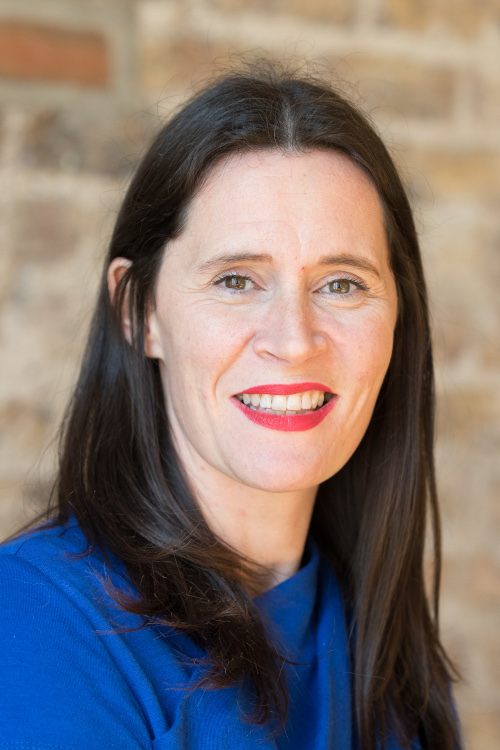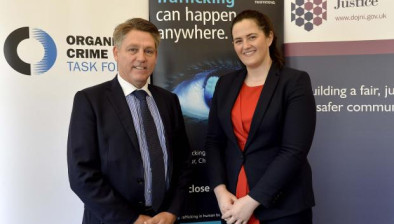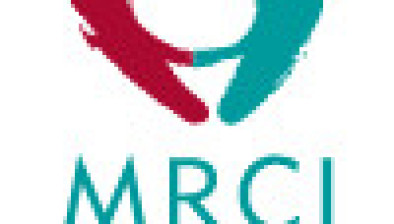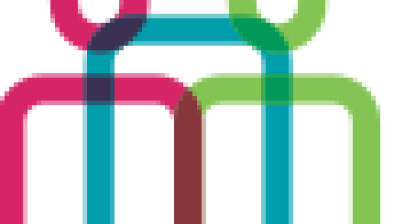Human trafficking bill falls short of international standards

Sinéad Gibney
A government bill on human trafficking needs to be toughened to be brought in line with EU and UN standards, the Irish Human Rights and Equality Commission has said.
The rights watchdog, designated under EU law as Ireland’s independent national rapporteur on the trafficking of human beings, has published a report on the general scheme of the Criminal Justice (Smuggling of Persons) Bill.
It criticises the lack of consideration of the rights and protections of smuggled persons, and warns that the State must ensure that legislation is designed in a manner which is compliant with human rights and equality principles.
It further warns that the draft legislation is also silent on the need for an identification procedure for smuggled and trafficked persons. According to the Commission, the lack of this kind of statutory identification process risks leaving people at risk of further abuse and exploitation, as they cannot gain access to necessary support and assistance.
Other recommendations from the Commission include that:
- The offence of people smuggling as currently drafted needs to be revised to ensure legal certainty;
- ‘Humanitarian assistance’ should be clearly carved out as an exemption or, exclusion rather than a defence;
- Aggravating factors for sentencing purposes should include a wider range of categories, including offences that involve children, women and people with disabilities;
- Training must be provided for front-line officials to help both the prosecuting of offences and assist in the identification and provision of humane treatment to smuggled people;
- The State should accept and facilitate the voluntary returns of smuggled people;
- The State needs to collect and publish data about people smuggling under this law.
The Commission has previously used its legal powers to spotlight human trafficking issues in the significant ‘P Case’ of a Vietnamese woman arrested in Ireland, and more recently in relation to safeguards against trafficking and exploitation of fishermen.
Chief commissioner Sinéad Gibney said: “Ireland is both a destination and source country for human trafficking, including people trafficked for sexual exploitation, domestic work, fishing, agriculture, the hospitality sector, waste management, and car washing services among others.
“Our recommendations to the Oireachtas make clear that more robust, consistent and thoroughly-documented response system to smuggling of persons is required for us to be able to take on this scourge.
“This proposed law needs to take a vital step in putting in place a system which is victim-centred, gender-sensitive and takes into account the experiences, support needs, and above all, the devastating impact of any related exploitation and abuse on the lives of those affected.”









